A 71-year-old male presented with an approximately 10-year history of a gradually progressive right-sided hearing loss.
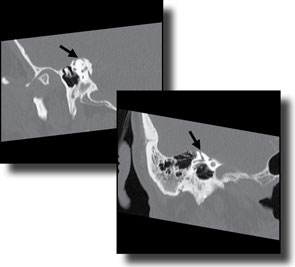

A 71-year-old male presented with an approximately 10-year history of a gradually progressive right-sided hearing loss.
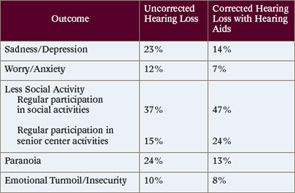
Most people will experience some degree of hearing loss as they age. Statistics from the National Institute on Deafness and Other Communication Disorders at the National institutes of Health (NIH) indicate that 30 percent of adults ages 65 to 74, and 47 percent of adults 75 years or older, have hearing loss.
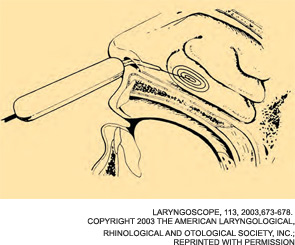
When patients with allergic rhinitis don’t respond to medical therapy, an otolaryngologist’s arsenal of treatment includes surgical options. Among these is radiofrequency (RF) turbinate reduction, also known as RF turbinate ablation or turbinoplasty, an office procedure that advocates say is cost-effective and minimally invasive, with fewer complications than other surgical remedies. Some otolaryngologists, however, are still hesitant to use this relatively new therapy.
Recent publication of practice parameters for surgery in adults with obstructive sleep apnea (OSA) by the American Academy of Sleep Medicine (AASM) has set off another round of debate on the need for otolaryngologists to get involved in generating their own guidelines. Although otolaryngologists have yet to agree on whether or not the time is right for guidelines on surgical treatment for sleep apnea, consensus can be claimed regarding the need perceived by the American Academy of Otolaryngology–Head and Neck Surgery (AAO-HNS) to get on the evidence-based bandwagon.
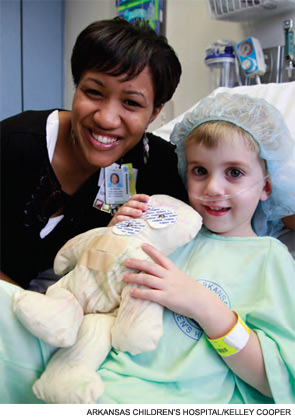
Seven-year-old Michael is scheduled to have a hemangioma removed from his face at the Arkansas Children’s Hospital (ACH) Ambulatory Surgery Center in Little Rock. The morning of surgery, he and his mother meet with child life specialists Cassandra C. James, MS, CCLS, and Camille Dante, MS, CCLS, who show him pictures of the operating room. They let him play with an anesthesia mask and a pulse oximeter, and talk about what to expect when he goes to sleep.
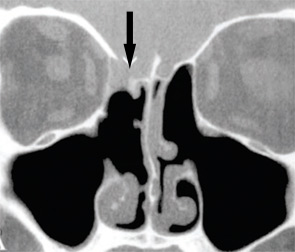
Once the province of neurosurgeons, cerebrospinal fluid (CSF) leak repair is now handled mostly by otolaryngologists. This change has occurred over the past couple of decades, during which time the evolution of endoscopic tools and techniques has made possible extracranial rather than intracranial repair. The success rate for repairing these leaks from below has reached about 90 percent, particularly for small leaks.

Neil Chheda, MD, assistant professor of otolaryngology at the University of Florida in Gainesville, realized a few years ago that nearly half of his patients on proton pump inhibitors were taking them incorrectly.
Allergic rhinitis among the elderly poses a particularly difficult diagnostic challenge for the otolaryngologist. As people age, they undergo immunosenescence. The thymus, which produces T cells against new invaders, atrophies markedly after adolescence, and this decline results in a less robust immune response to bacteria, viruses and presumably allergens (J Pathol. 2007;211(2):144-156). Consequently, physicians have assumed that allergies should decline as people age.

Dizziness is a particular danger among the elderly, but extra care taken by physicians can help ease their problems and help keep older patients functioning, panelists said at the 2010 Annual Meeting of the American Academy of Otolaryngology-Head and Neck Surgery, held here Sept. 26-29.
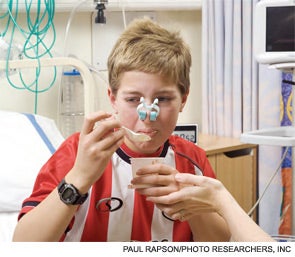
New ways of diagnosing food allergies are on the horizon, with allergy experts hoping that it might be possible one day for many patients to avoid the traditional food challenge test (FCT).